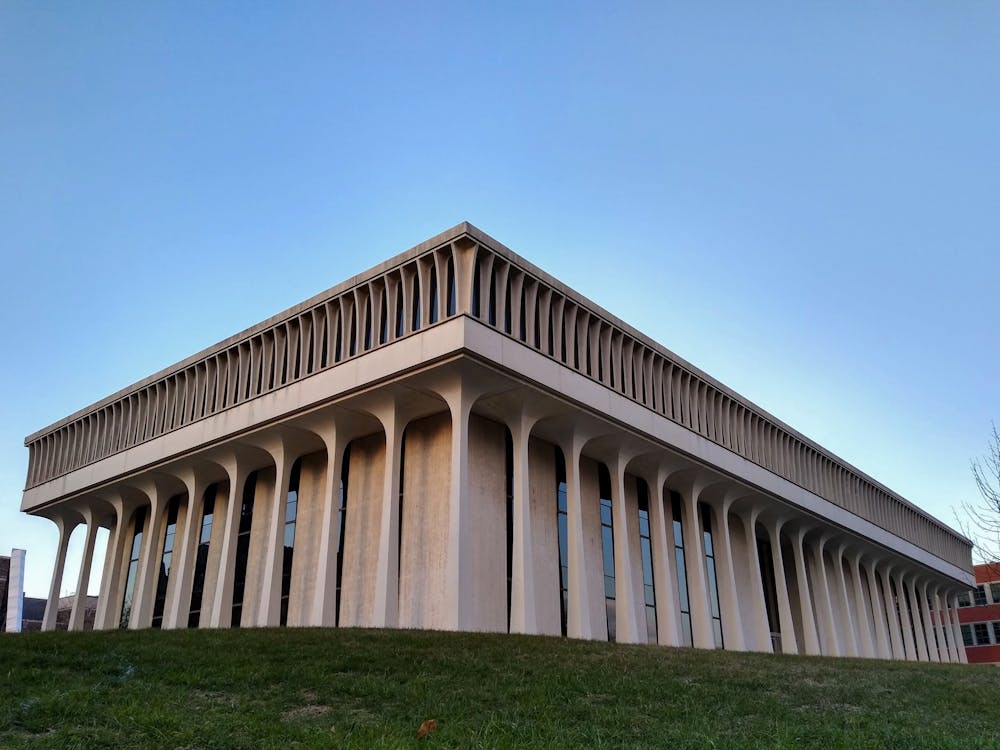The Princeton School of Public and International Affairs (SPIA) and the Liechtenstein Institute for Self-Determination (LISD) announced the creation of the Afghanistan Policy Lab on April 14. According to the announcement, the lab was formed to compose and advocate for policy recommendations for Afghanistan following the aftermath of the United States’ official withdrawal from Afghanistan in August of last year.
According to the lab’s website, its central goal is to “help build an inclusive, peaceful, and prosperous Afghanistan equally representing all citizens.”
The new lab’s director, Adela Raz, previously served as Afghanistan’s last ambassador to the United States from July 2021 through February 2022, after which the office was abolished. Prior to that post, she served as the United Nations Permanent Representative from Afghanistan and as the Deputy Foreign Minister for Economic Cooperation of Afghanistan.
The Daily Princetonian sat down with Raz to discuss the lead-up to launching the initiative and the lab’s goal.
Raz characterized the lab as a “unique initiative, and [a] very important initiative, to elevate the policy discussion and conversation about Afghanistan at this extremely important and critical time for the country.”
Its central focus is to “protect the gains of the last 20 years,” she explained, and to “get out of the political and humanitarian crises that the country is in right now.”
The SPIA announcement outlines four pillars of the lab’s policy efforts: humanitarian aid, civic space, women, and national healing and reconciliation.
The announcement said that the lab will include eight fellows who are from Afghanistan — among them, media and civic leaders, as well as a former member of the Afghan Parliament. These fellows will work both with the lab directly as well as with other faculty members and departments at the University.

“[The lab] requires those with diverse views and diverse backgrounds,” Raz said.
Raz also emphasized the importance of gender balance in the lab’s work, as well as people who have different areas of expertise, such as those who have worked in civic spaces, the media, the security sector, the civic society, and the development side.
One of Raz’s major goals is promoting the lab’s engagement with the wider University community.
“We hope to have on-campus discussions on issues of Afghanistan. We’ll have speakers that will come, both for the lab and [for] the students together,” Raz said.

Raz described the lab as a unique opportunity for students to hear direct views from Afghans on various issues.
To promote engagement, the lab will offer an online option for its conversations and panel discussions.
“It really creates a unique space,” she said, “not only for Afghanistan and Afghans who are concerned about the future of the country, but at the same time in a broader policy conversation.”
Brenden Garza is a news contributor for the ‘Prince.’ He can be reached at bg8077@princeton.edu or @brenden.garza on Instagram.








